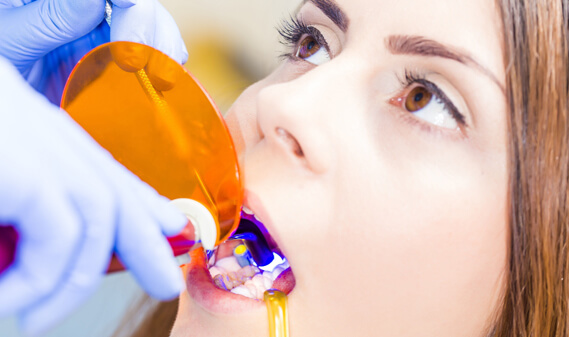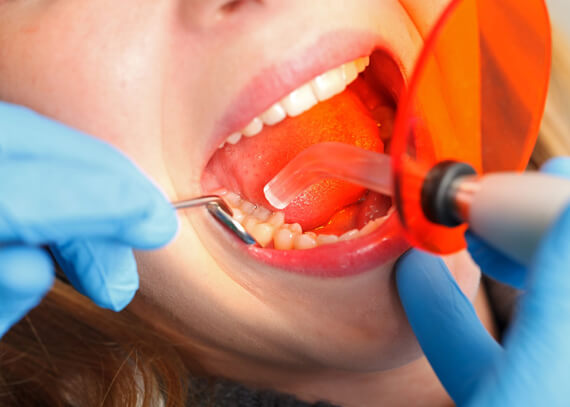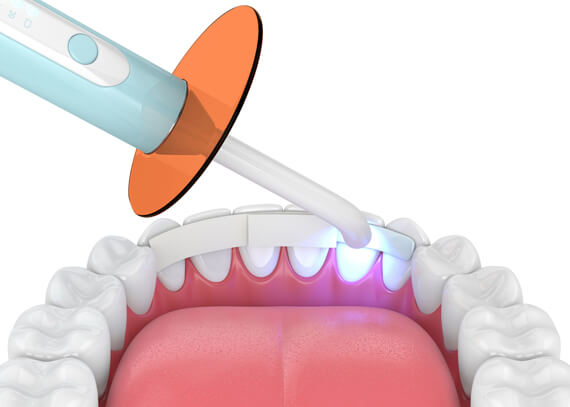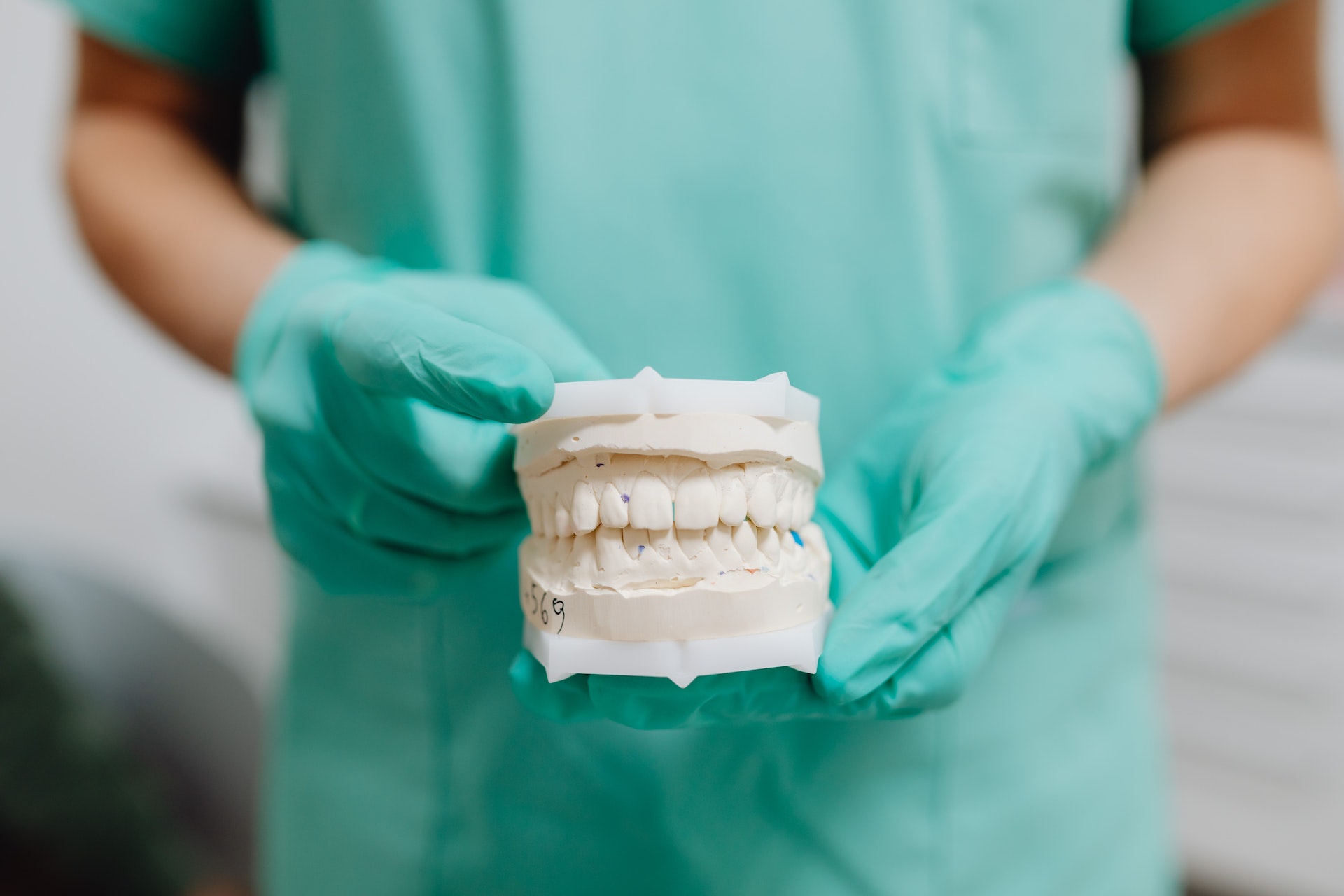Dental Bonding in Grand Prairie, Texas
What is Dental Bonding?


Why Is Dental Bonding Needed?
- Your front teeth are chipped or broken
- You have spaces or gaps between your teeth
- Your teeth are uneven-looking
- You have stains and discolorations on certain parts of a tooth
- You want a quick, easy and affordable way to cosmetically enhance your smile
Who Is a Candidate for Dental Bonding?
Most patients who want bonding done can safely have this procedure performed in our office. The procedure typically requires little to no anesthetic at all. We roughen the surface of the enamel to increase bonding strength to your existing tooth, but the procedure does not cause damage to your teeth. Bonding is typically a short-term fix but is inexpensive and can create a noticeable improvement to your smile.

What happens during Dental Bonding?
We first apply a bonding gel to the area that will receive the material. This gel is washed away while we carefully match the composite resin to your teeth. The material is placed over the tooth and then smoothed into place. Slight details are made into the material so that it looks natural and seamless. We then harden the material using a bright light several times. You will be amazed at just how different your smile looks thanks to the bonding material. This procedure is a quick and highly effective way to enhance your smile.
If you think you might need dental bonding and want to learn more about this procedure, call us or submit a contact form and we can help in providing you with the care that you need.
Advantages and Disadvantages of Dental Bonding
One of the key advantages of bonding is its versatility. Bonding is capable of taking care of multiple types of flaws, from cosmetic cracks to gaps, chips, and discoloration.
Bonding also offers the benefit of being lower cost when compared with other types of cosmetic procedures, such as porcelain veneers. In addition, it is minimally invasive and requires a minimal time commitment, as it can be completed within one treatment.
Bonding does present some challenges, though. For one, the resin used in dental bonding can absorb stains in the long term. In addition, dental bonding isn’t as durable and break-resistant as veneers and crowns are.
Your dentist can examine your smile and help you to determine if dental bonding is, in fact, the best approach for helping you to reach your oral health care goals.
Bonded Teeth Care
Keep in mind sweet or starchy foods cause higher levels of bacterial production. Brushing your teeth two times a day and flossing is essential for preserving bonded teeth and preventing cavities.
You should also avoid hard, chewy foods when you have a bonded restoration. The direct force may break and weaken your bonding over time. Additionally, to prevent stains, stay away from chewing tobacco, smoking, coffee, tea, and wine.
By taking care of your bonded teeth, you can expect the bonding materials to last up to 10 years.
If you think you might need dental bonding and want to learn more about this procedure, call us at (972) 646-0660 or submit a contact form and our dental bonding team can provide you with the care you need.
FAQ
Click Order button next to the service you want to purchase and leave your contacts in a follow-up form. We will get in touch with you shortly to clarify all the details.
Click Order button next to the service you want to purchase and leave your contacts in a follow-up form. We will get in touch with you shortly to clarify all the details.








